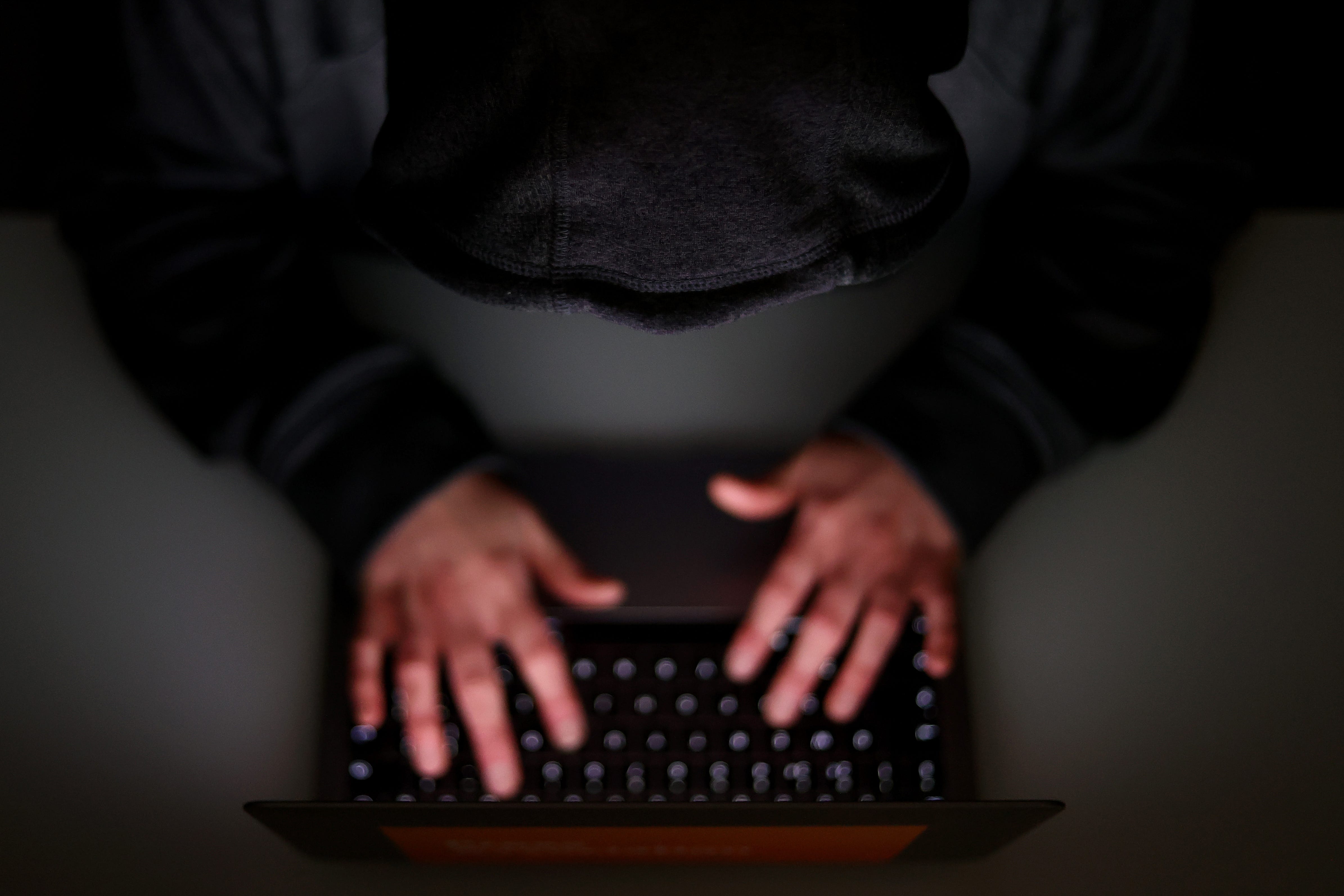AI regulator needed to tackle deepfake pornography, charity says
Christian Action Research and Education said oversight of AI-generated pornography was a ‘grey area’ which needed addressing.

Your support helps us to tell the story
From reproductive rights to climate change to Big Tech, The Independent is on the ground when the story is developing. Whether it's investigating the financials of Elon Musk's pro-Trump PAC or producing our latest documentary, 'The A Word', which shines a light on the American women fighting for reproductive rights, we know how important it is to parse out the facts from the messaging.
At such a critical moment in US history, we need reporters on the ground. Your donation allows us to keep sending journalists to speak to both sides of the story.
The Independent is trusted by Americans across the entire political spectrum. And unlike many other quality news outlets, we choose not to lock Americans out of our reporting and analysis with paywalls. We believe quality journalism should be available to everyone, paid for by those who can afford it.
Your support makes all the difference.A regulator should be appointed to oversee the development and use of artificial intelligence (AI) technology in order to tackle issues such as deepfake pornography, a charity has said.
Christian Action Research and Education (Care) said some types of AI technology, such as creating deepfake pornographic images, currently sat in a legal “grey area”, because creating sexually explicit deepfake images or videos of an adult using AI tools is not currently a crime – although a new law to make it so is currently making its way through Parliament.
The charity said that appointing a dedicated AI regulator could help resolve and police the issue.
Those using these technologies are operating in a legal grey area
It highlighted previous deepfake incidents involving misinformation around politicians as one warning sign, as well as deepfake pornographic images of singer Taylor Swift, which circulated on social media.
The charity’s intervention comes as Parliament prepares to debate legislation tabled by Conservative peer Lord Holmes of Richmond that would establish a central AI regulator, known as the AI Authority, in the UK.
Currently, the Government has proposed that existing regulators take on the role of monitoring AI use within their own sectors rather than creating a new, central regulator dedicated to the emerging technology.
In February, it announced that more than £100 million will be spent preparing the UK to regulate AI and use the technology safely, including helping to prepare and upskill regulators across different sectors.
But Louise Davies, director of advocacy and policy at Care, said a centralised AI regulator was “essential” and warned that the current situation was a “paedophiles charter”.
“We are keenly aware of the risks of artificial intelligence in the area of online porn,” she said.
“Sinister new technologies allow users to ‘digitally undress’ any woman or child in a photograph and superimpose a person’s face on to pornographic videos.
“Women celebrities including Taylor Swift have been the victims of viral ‘deepfake’ porn and women and girls across the UK are at risk of similar abuse.
We see no reason why individuals should be allowed to market tools that let others create sexual images of real people without consent
“Disturbingly, paedophiles can use AI tools to create realistic child sexual abuse material.
“Those using these technologies are operating in a legal grey area.
“We believe an AI regulator is essential, and that it needs to get to grips with porn-related AI tech quickly.
“One of the first things a regulator could do is ban so-called ‘nudification’ technology.
“Whilst the sharing of a deepfake sexual image may constitute an offence at present, it is not illegal to create images or videos using tools that are found easily online.
“We see no reason why individuals should be allowed to market tools that let others create sexual images of real people without consent.
“Perverts can produce pornographic content involving others on legal sites and share it in secret networks with impunity.
“They would only be liable to prosecution if they share it online, or get turned in.
It is another example of ways in which certain people seek to degrade and dehumanise others - especially women
“As mentioned above, tech that is not expressly illegal allows people to create CSAM. The current situation is a paedophiles charter.”
The Ministry of Justice announced in April that creating a sexually explicit deepfake image is to be made an offence under an amendment to the Criminal Justice Bill.
Under the new legislation, anyone who creates a sexually explicit deepfake without consent will face a criminal record and an unlimited fine.
They could even face jail, if the image is shared more widely.
The creation of a deepfake will be an offence irrespective of whether the creator intended to share it or not, the department added.
At the time, minister for victims and safeguarding Laura Farris said the creation of deepfake sexual images is “unacceptable irrespective of whether the image is shared”.
“It is another example of ways in which certain people seek to degrade and dehumanise others – especially women,” she said.
“And it has the capacity to cause catastrophic consequences if the material is shared more widely. This Government will not tolerate it.
“This new offence sends a crystal clear message that making this material is immoral, often misogynistic, and a crime.”